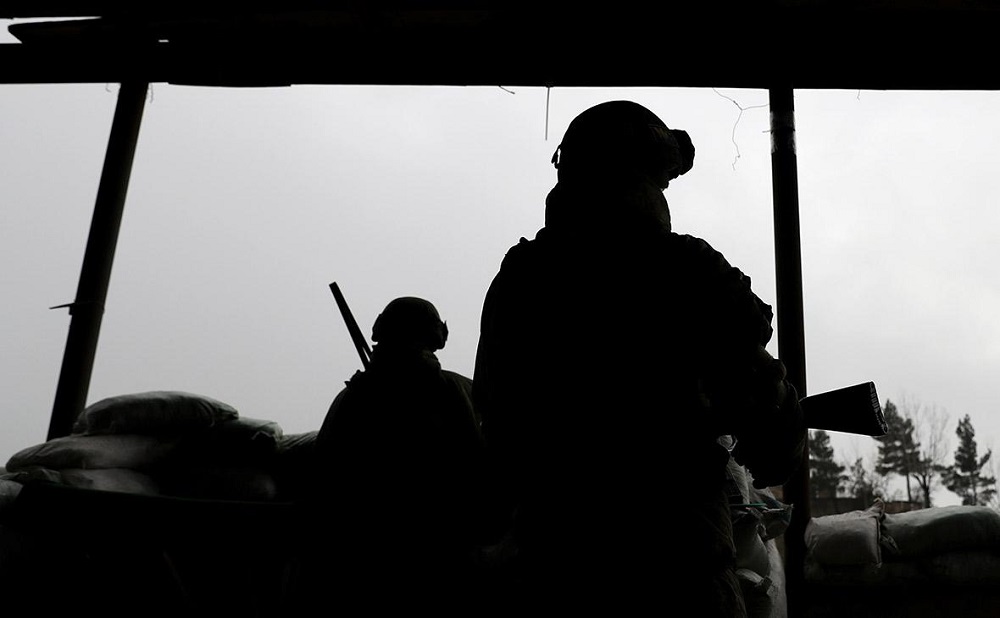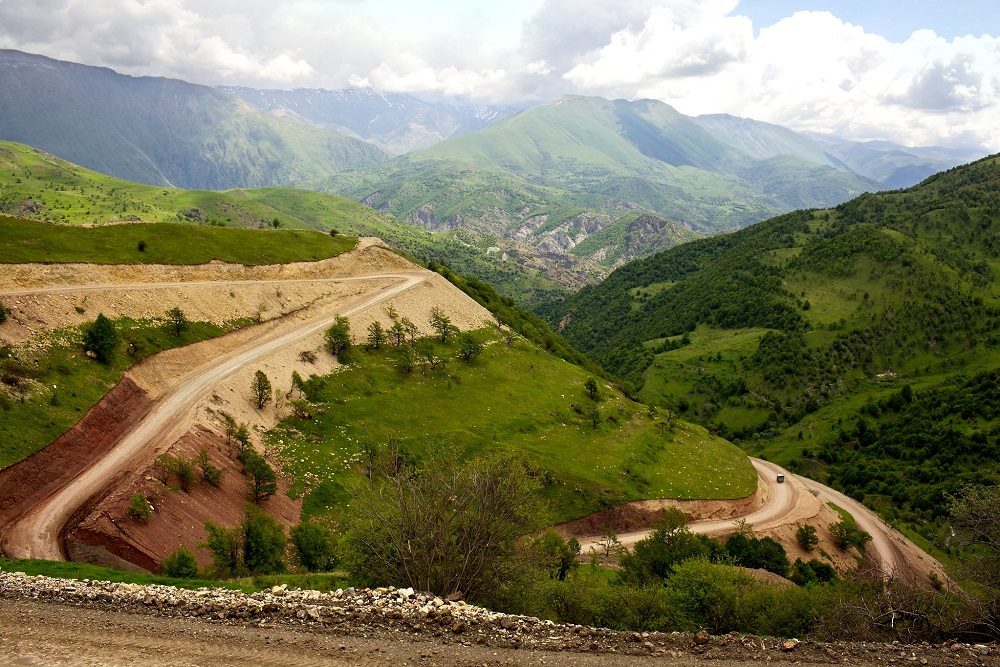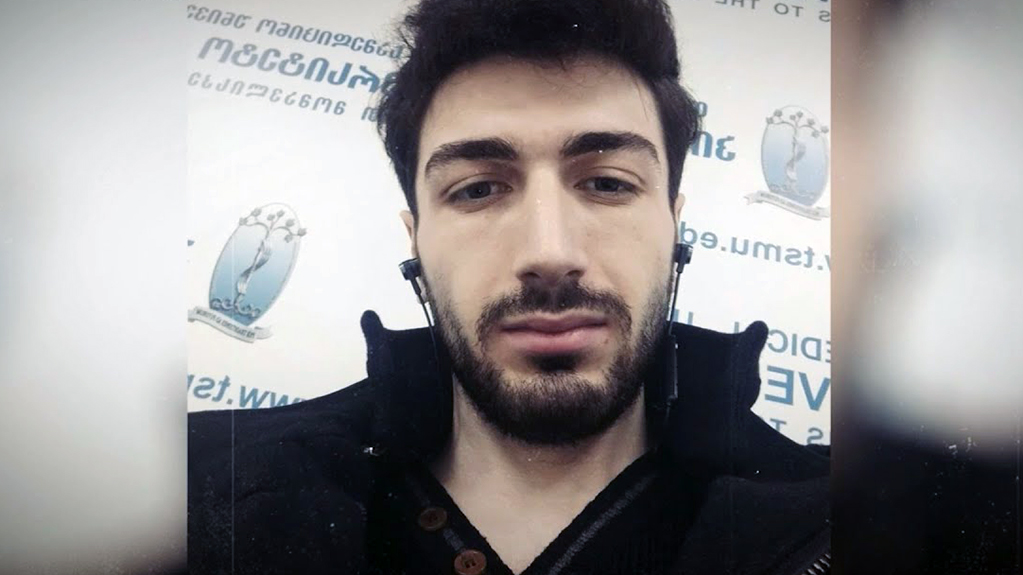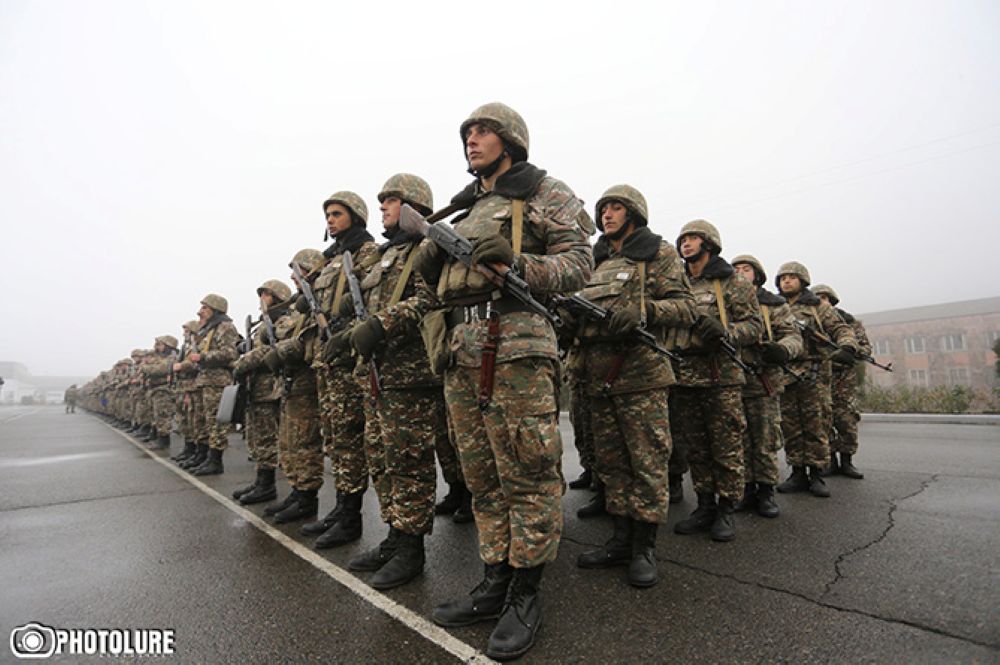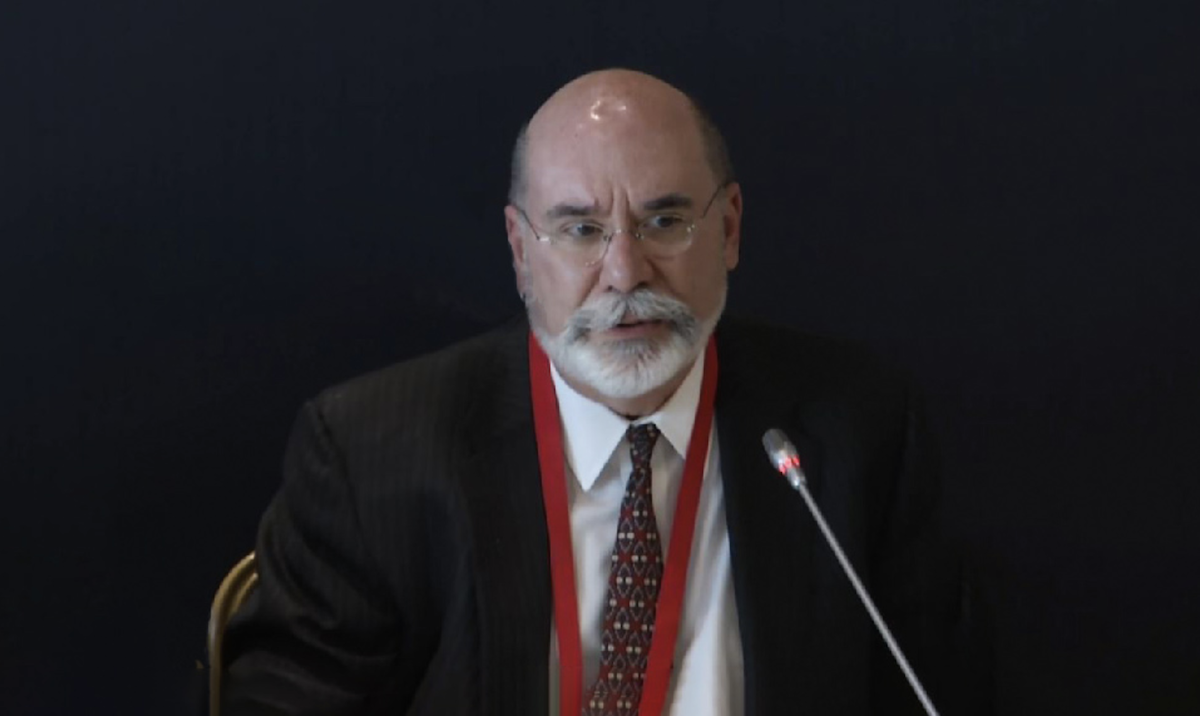Comments from Baku on second round of Azerbaijan-Armenia negotiations in Washington
Negotiations in Washington Armenia-Azerbaijan
“After a three-day negotiating marathon in Washington, at least some document should be published. Because this is the second such marathon in the United States, and if this time, as after the first similar negotiations, there is no signed statement, no serious agreements are reached, this could lead to the anger of Washington,” Natig Jafarli said of the talks starting today in Washington by Foreign Ministers of Azerbaijan and Armenia.
- “There will be no pro-Armenian decisions”: Armenian analysts on Mirzoyan-Bayramov meeting
- Viticulture in Azerbaijan developing in the shadow of officialsHead of State Department Sanctions Coordination Office visits Georgia
“We expect negotiations to start on Tuesday and continue until Thursday this week.
Secretary Blinken will be meeting with the Foreign Ministers of Azerbaijan and Armenia, and we will have more details during the week. We continue to believe that peace is within reach, and direct dialogue is the key to resolving outstanding issues and achieving a sustainable and dignified world,” US State Department spokesman Matthew Miller said during a briefing.
“It is necessary to publish at least the theses of the “road map” of integration”
“After a three-day negotiating marathon in Washington, at least some document should be published. Because this is the second such marathon in the United States, and if this time, as after the first similar negotiations, there is no signed statement, no serious agreements are reached, this could lead to the anger of Washington,” Natik Jafarli said.
According to him, so far it is clear that Armenia is hindering the achievement of agreements:
“Companies in this country are already subject to sanctions because of Russian assistance, but if Armenia interferes with peace, it may face even more serious pressure.”
Jafarli called the situation around Khankendi (Stepanakert) and the issue of integration and security of the Armenian population of Karabakh the weak point of Azerbaijan in the negotiations:
“After the end of the victorious 44-day war, we repeatedly publicly appealed to the government with a warning that we were late with this issue, we should at least publish the theses of the integration roadmap. If the authorities want to resolve this issue without changing anything, we may face unfair pressure in a situation in which we are absolutely fair.
The roadmap should include changes to the Constitution, local self-government, the creation of an elected mayor, the transformation of 14 economic regions into administrative-territorial units, fair elections and the election of a government in parliament. In a word, fundamental reforms.
There is no other way, with the delay of time this issue will not be resolved by itself. And fundamental reforms can open up new prospects for our country.”
“It has to happen either in Washington or in Brussels”
According to political scientist and head of the Atlas analytical center Elkhan Shahinoglu, Moscow now has no prospects for real mediation:
“If progress is made in the negotiations and the parties get closer to signing a peace treaty, this should happen either in Washington or in Brussels.
While the Kremlin is preoccupied with its own problems, the parties are obliged to make maximum use of the mediation services of the United States and the European Union. This is in favor of both Azerbaijan and Armenia.”
Negotiations in Washington Armenia-Azerbaijan
“The rhetoric of the parties towards each other has not changed much”
“It is still too early to talk about reaching a final peace between Azerbaijan and Armenia. Despite the progress in the negotiation process, the rhetoric of the parties towards each other has not changed much,” political observer Agshin Kerimov said.
“We must take into account the fact that Armenia in our region is an instrument in the hands of others, and plans for it are not divorced from the historical context. There may be some changes in strategic plans, but historical goals remain an obstacle to reaching a peace agreement.
Even if Baku and Yerevan agree on a common denominator, I don’t think the tension will subside. The big forces that exist in our region are more focused on the principle of “govern in a safe way” and not on the general welfare of the countries of the region.”
“Azerbaijan’s main goal is to remove obstacles to a peace treaty”
Before the talks in Washington, Deputy Speaker of the Armenian Parliament Ruben Rubinyan talked about three conditions for signing a peace treaty with Azerbaijan:
* Fixing a specific map taken as the basis for the countries’ recognition of each other’s territorial integrity.
* Solving the problem of the rights and security of the [Armenian] population of Karabakh.
* Introduction of guarantees for the fulfillment of the agreement between Yerevan and Baku.
“We must pay tribute to Rubinyan. So far, he is the only one in the leadership of Armenia who can clearly formulate Armenia’s negotiating position,” political observer Farhad Mammadov said, commenting on the words of the vice-speaker of the Armenian parliament.
“All this, of course, is relevant for negotiations, but it is already clear that without resolving open issues on Armenia’s involvement in the internal affairs of Azerbaijan (the remnants of the Armenian Armed Forces in Karabakh, resource support and the rejection of slanderous activity on international platforms), all of these topics have no prospects for constructive solutions.
I think Azerbaijan’s main goal is to remove obstacles to a peace treaty. Armenia still has a chance to constructively approach the process of leveling obstacles.”
Negotiations in Washington Armenia-Azerbaijan










